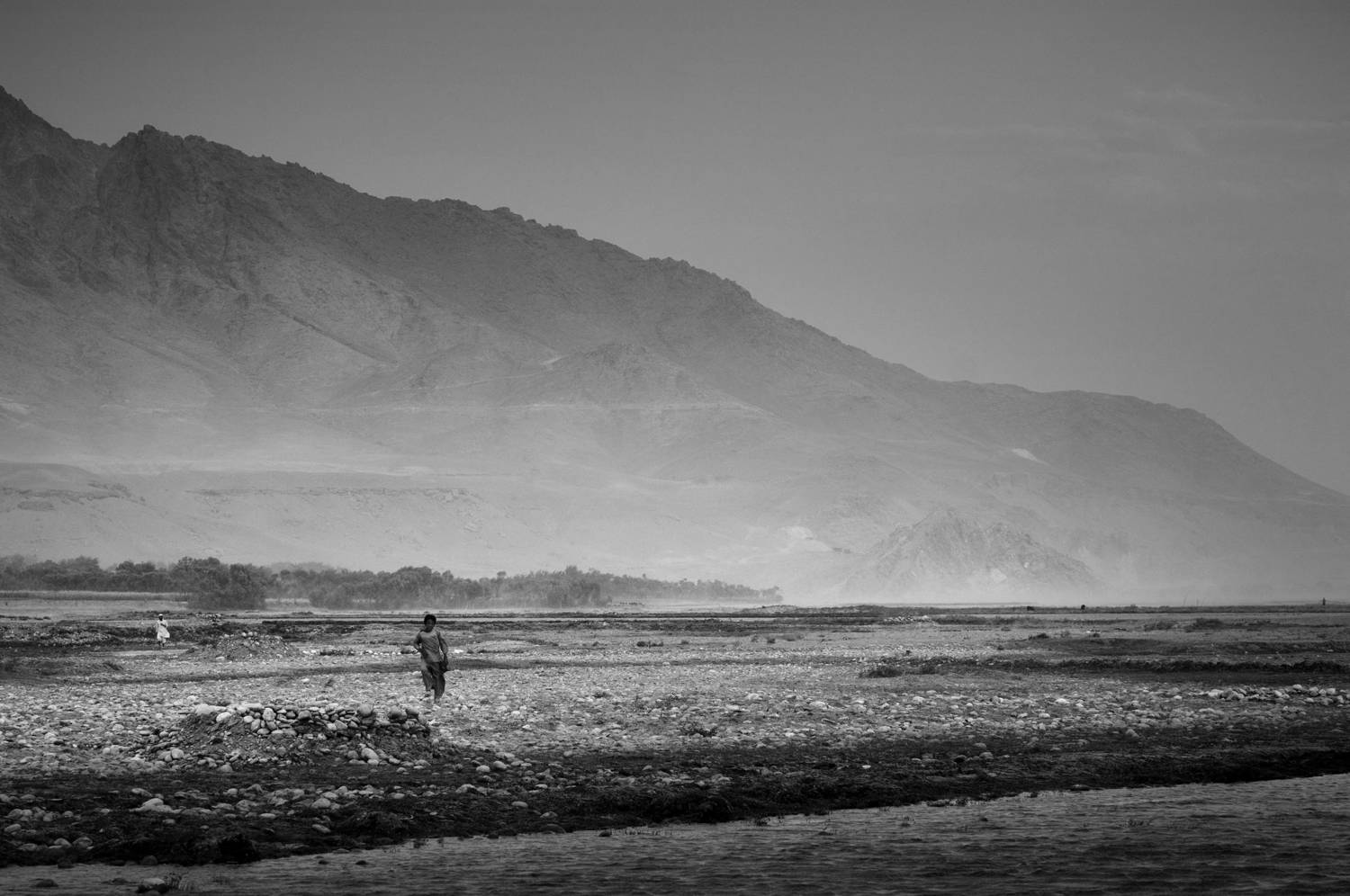
Peace negotiations and mediation involve fundamental ethical challenges and dilemmas, as reflected in heated public debates on questions of justice, inclusion and ownership in the peace processes in Afghanistan, Syria, Colombia, Myanmar, Mali and South Sudan, to mention a few. Yet, in scholarly literature the ethical questions are usually not discussed in their own right but rather subsumed under considerations of how to reach durable agreements. Arguably, identifying the ethical dimensions of these discussions is a prerequisite for evaluating whether mediation and negotiation processes are fair and successful.
Identifying and discussing the ethical aspects of negotiations is particularly pertinent for peace mediators – including Norwegian authorities. Although peace mediators often argue that their job is to help negotiating parties reach an agreement and not to dictate their terms, they are expected not to facilitate seriously unjust outcomes, which is clearly an ethical expectation. On the other hand, if the alternative to an unjust outcome is the continuation of war - is this a more ethically acceptable option?
In this lunch seminar, we invite reflections on the role and contents of ethics in peace negotiations and mediation. We start out with a focus on the ongoing peace process in Afghanistan, before we turn to a more general conversation on the subject relating to several other cases.
Peace negotiations are always highly contentious. The idea of negotiations between the US and the Taliban are criticized from many directions: for not including the Afghan authorities, other political parties or civil society actors; for excluding women in particular and endangering women's rights; and for striking deals with the devil (be it the US or Taliban). On the other hand, negotiations that did not rely on the demands and interests of the warring parties would be criticized for lacking in realism. Again, it is also not given that for instance the situation for women is better with continued warfare - with tens of thousands casualties per year - than if a peace deal is made with the Taliban.
Similarly, the Syria peace talks in Astana have been criticized for accepting continued rule by Assad, for relying on Russia and Iran, and for the absence of central opposition groups and militias. These are political and military strategic concerns, but they also involve ethical principles such as holding the Syrian regime accountable for war crimes, ensuring a democratic transition, and not rewarding those responsible for the war by letting them define the terms of peace.
Both the Afghan and Syrian peace talks started out without the 'rogue enemies' of the West – Taliban and Assad – and ended up with these as key actors. In both cases, supposed ethical red lines for Western countries were repeatedly crossed, and moral principles of democracy and human rights replaced with a more realist map of military-strategic considerations. Or perhaps these were the primary considerations all along, with moral principles figuring as a political weapon when suitable?
What can we learn from these and similar examples? Where does this leave the ethics of peace negotiations and peace mediation?
Central questions to be addressed:
- Do ethical principles matter in negotiations, or are they just an instrument of power?
- What are the hardest ethical problems and dilemmas in peace negotiations?
- What makes peace meditation or negotiations ethically unacceptable?
- Should mediators insist on certain ethical standards, such as the inclusion of women, accountability for war crimes or a commitment to human rights? Or will this have to vary from situation to situation?
- Are broad inclusion, participation and ownership in negotiations aims in themselves, or are they merely means to a durable peace?
Program
12:00 Welcome and introduction.
Kristoffer Lidén and Henrik Syse, PRIO
12:15 The US-Taliban peace talks – norms and power in conflict. [12:10 in podcast]
Kristian Berg Harpviken, PRIO and UTSYN.
[See Harpviken's Power Point under 'related files' to the right as illustration to his talk in the podcast.]
13:00 Panel discussion. [46:15 in podcast]
Kai Eide, Former Diplomat, UN Special Representative to Afghanistan 2008-2010;
Louise Olsson, PRIO;
Marte Heian-Engdal, NOREF - Norwegian Centre for Conflict Resolution;
Trond Bakkevig, PRIO and NOREF associate.
14:00 End
The seminar is organised in collaboration with UTSYN - Forum for Utenriks og Sikkerhet.





